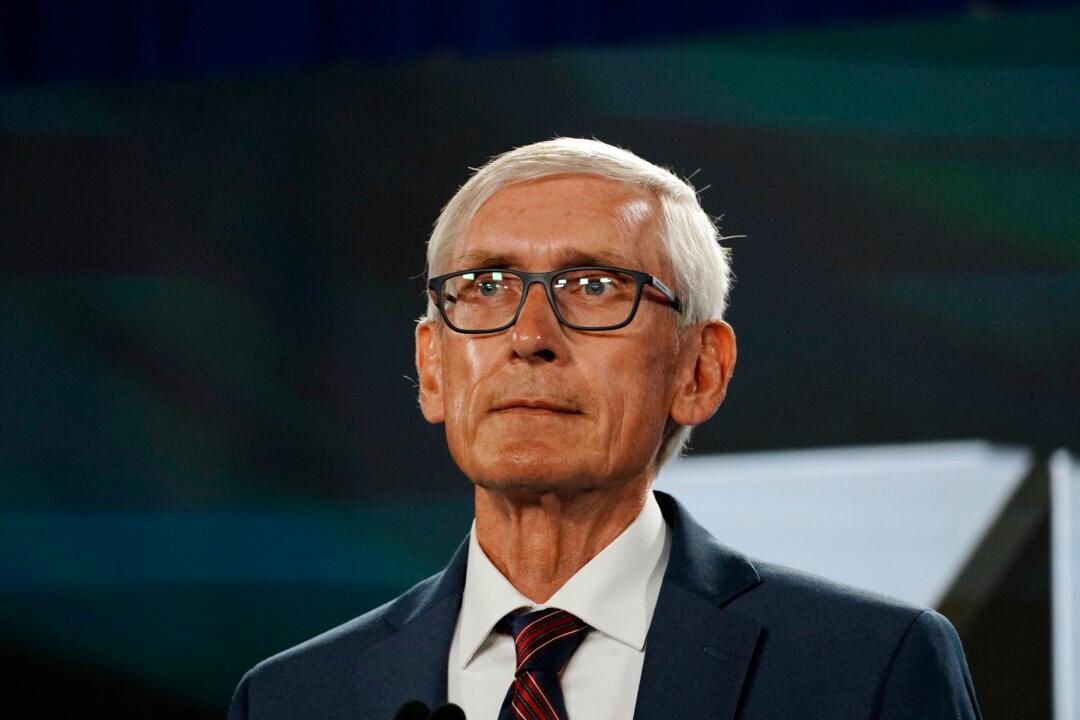The Wisconsin Supreme Court on Thursday approved congressional and legislative maps proposed by the state’s Democrat Gov. Tony Evers after ruling in November (pdf) that it would take a “least changes” approach to the maps.
In a 4–3 decision, the court ruled that Evers’ maps, out of all the plans submitted, were the ones that kept in place the current district lines that give Republican majorities and make the least amount of changes to current political districts.




